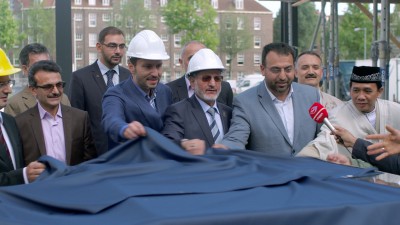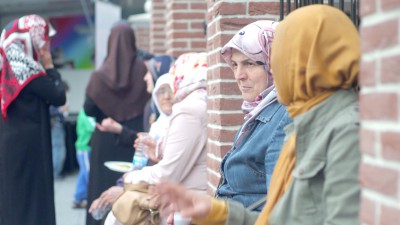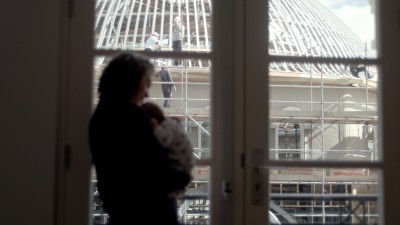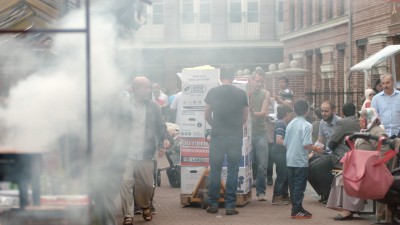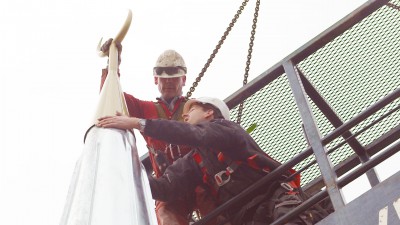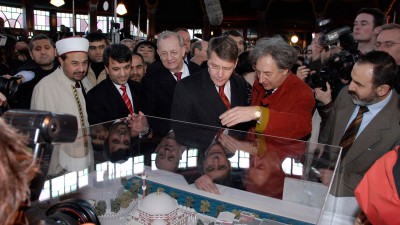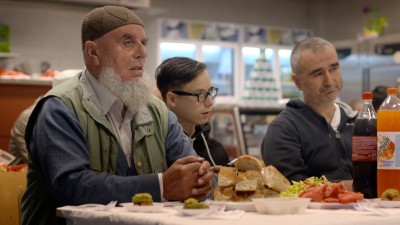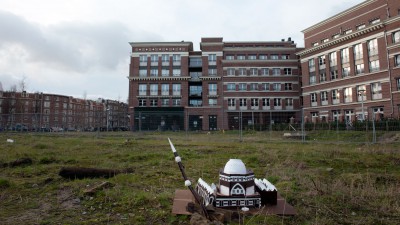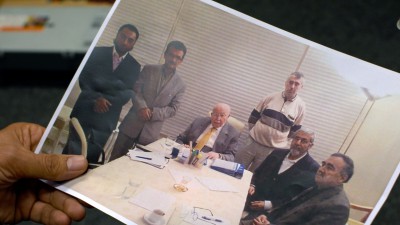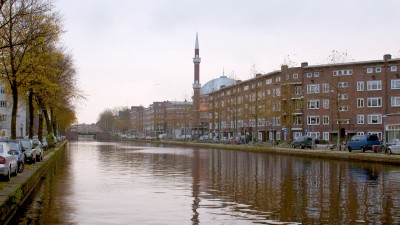Scroll down to continue

Scroll down to continue

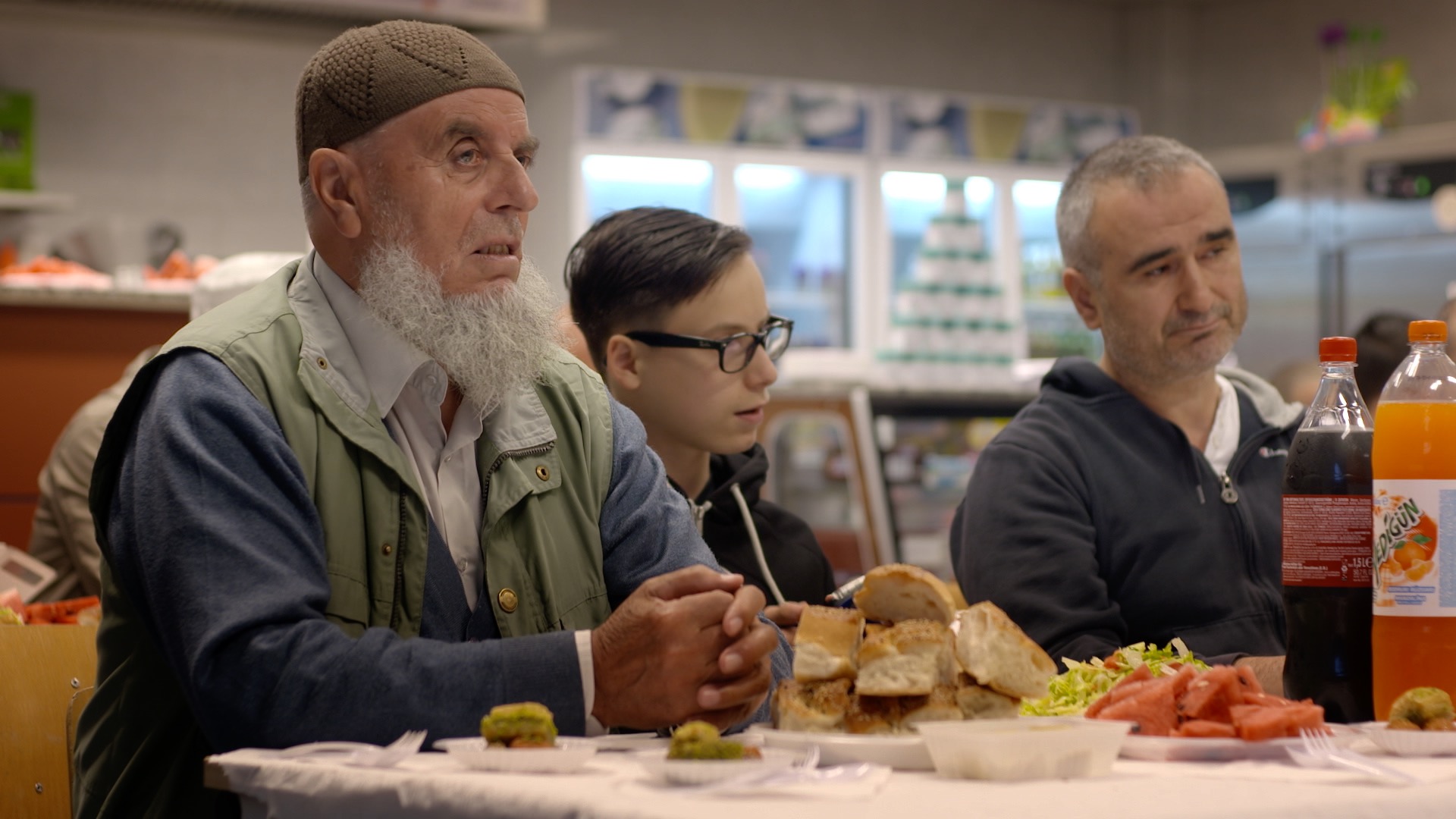
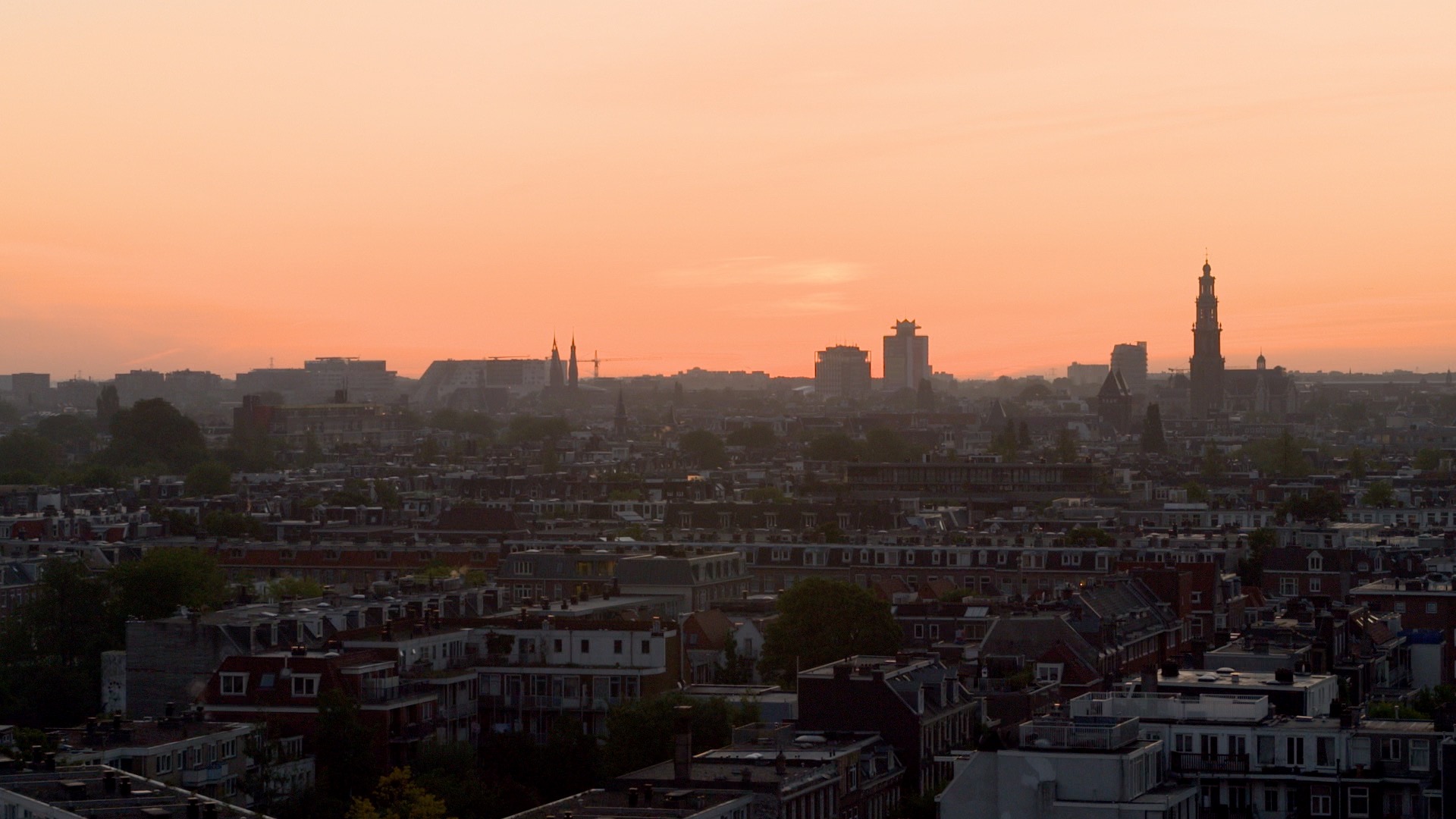

It is the month of Ramadan, a time of fasting for Muslims between sunrise and sunset. During an Iftar meal of Milli Görüş youth in the nearby district of Bos en Lommer, Hasan Aldemir, board member of Aya Sofya, stresses that everyone – Jews, Christians, gay men and lesbians – will be welcome in the Westermoskee. Looking at the construction site, residents Antonio and Adolfo wonder whether these promises of acceptance and openness will still stand once the mosque has opened
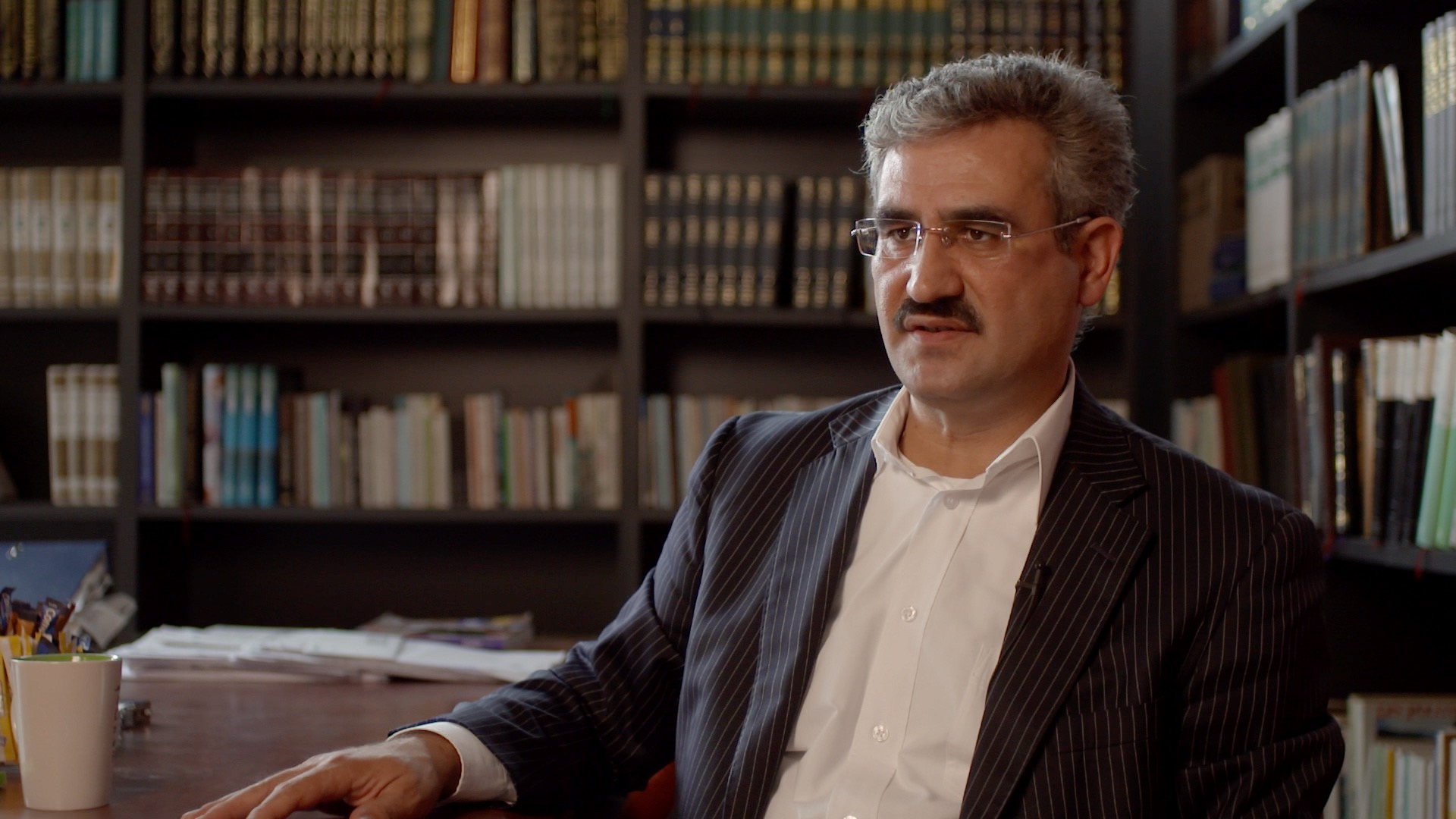

Former chairman Üzeyir Kabaktepe of Milli Görüş Northern Netherlands explains how he had to seek a balance within the mosque community. Many issues were taken literally and out of context. ‘Take our acceptance of homosexuals,’ says Kabaktepe. ‘We were just open to them, but some members immediately assumed that gay marriages were to be concluded in the future mosque, consecrated by mayor Job Cohen!’ This shows how difficult it could be for Kabaktepe and his director Haci Karacaer to explain their intentions and actions to their community.
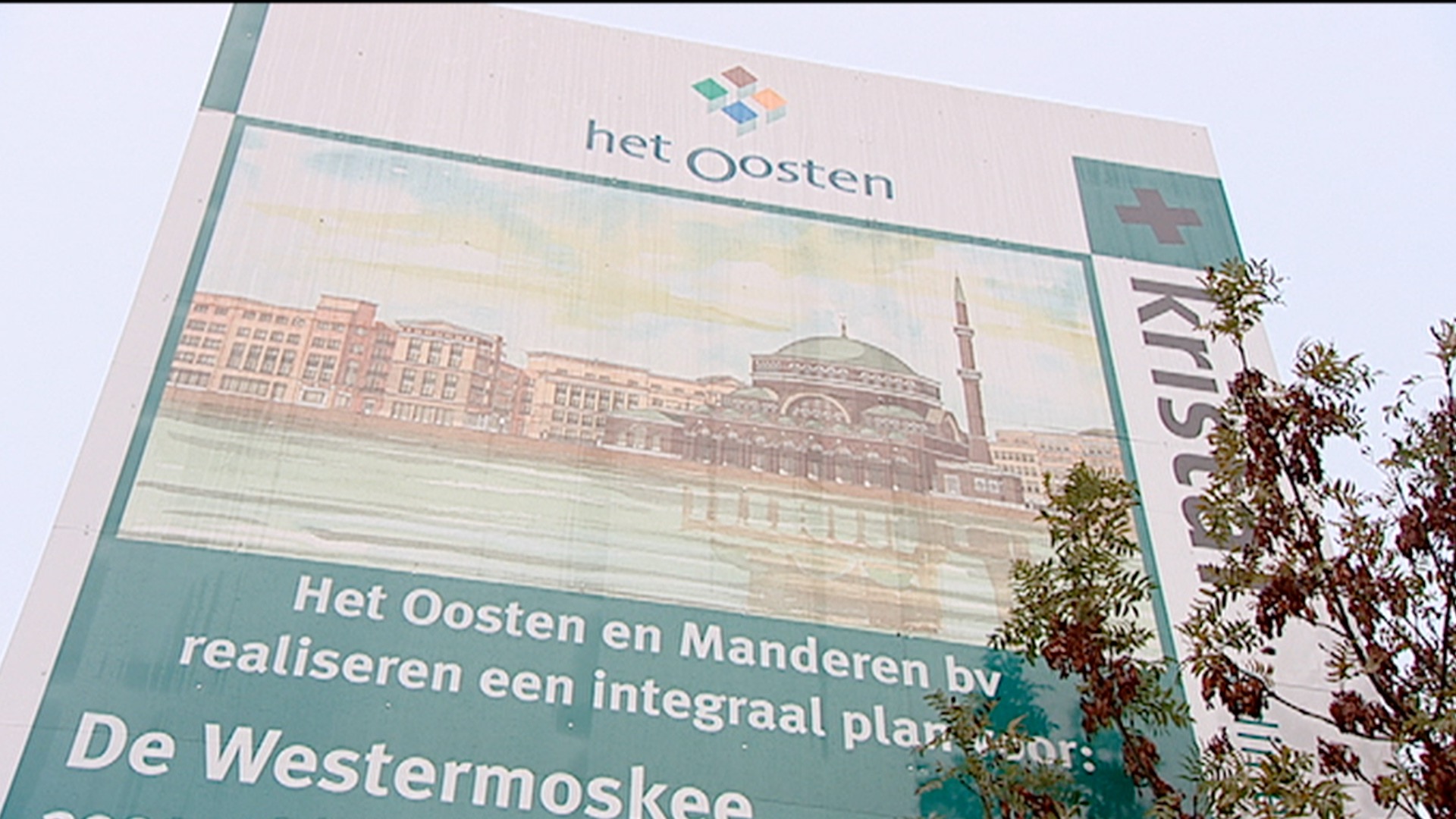

In 2006, the situation within the Milli Görüş department of Northern Netherlands hits a low: a group of young board members wants to take over control from vice president Kabaktepe and manages to do so. There is disagreement on Kabaktepe’s style of government and his actions to the outside. The media is portraying this takeover as a struggle between the progressive and conservative branch of the movement. The headquarters in Cologne, with their conservative reputation, are considered to be force behind the coup, and the term ‘coup of Cologne’ is coined. In reality, Cologne merely gave its approval to the young board members, who took over control on their own initiative.
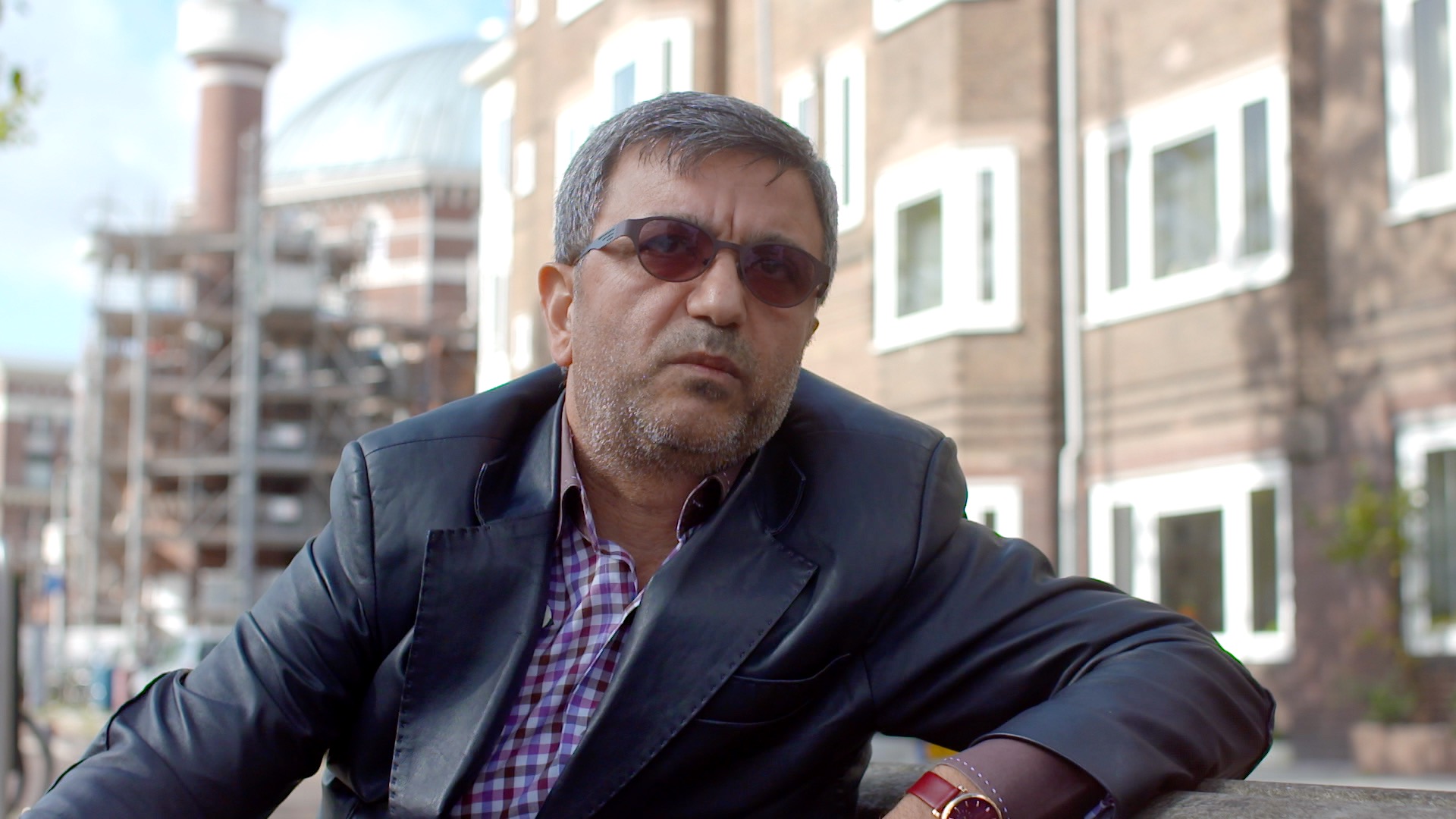

During his years in charge (1999-2006), director Haci Karacaer plots his own course. As a practicing Muslim, he is socially conservative, but he is certainly open to non-Muslims with different opinions. The idea is that in De Baarsjes, Milli Görüş holds the door open for anyone, regardless of opinion, origin or sexual preference. For Karacaer, the Westermoskee is to be a house of debate and encounter. As contact person for the media, he is also the first to issue a public statement when problems occur between Muslims and non-Muslims. But other board members do not always share his opinions.
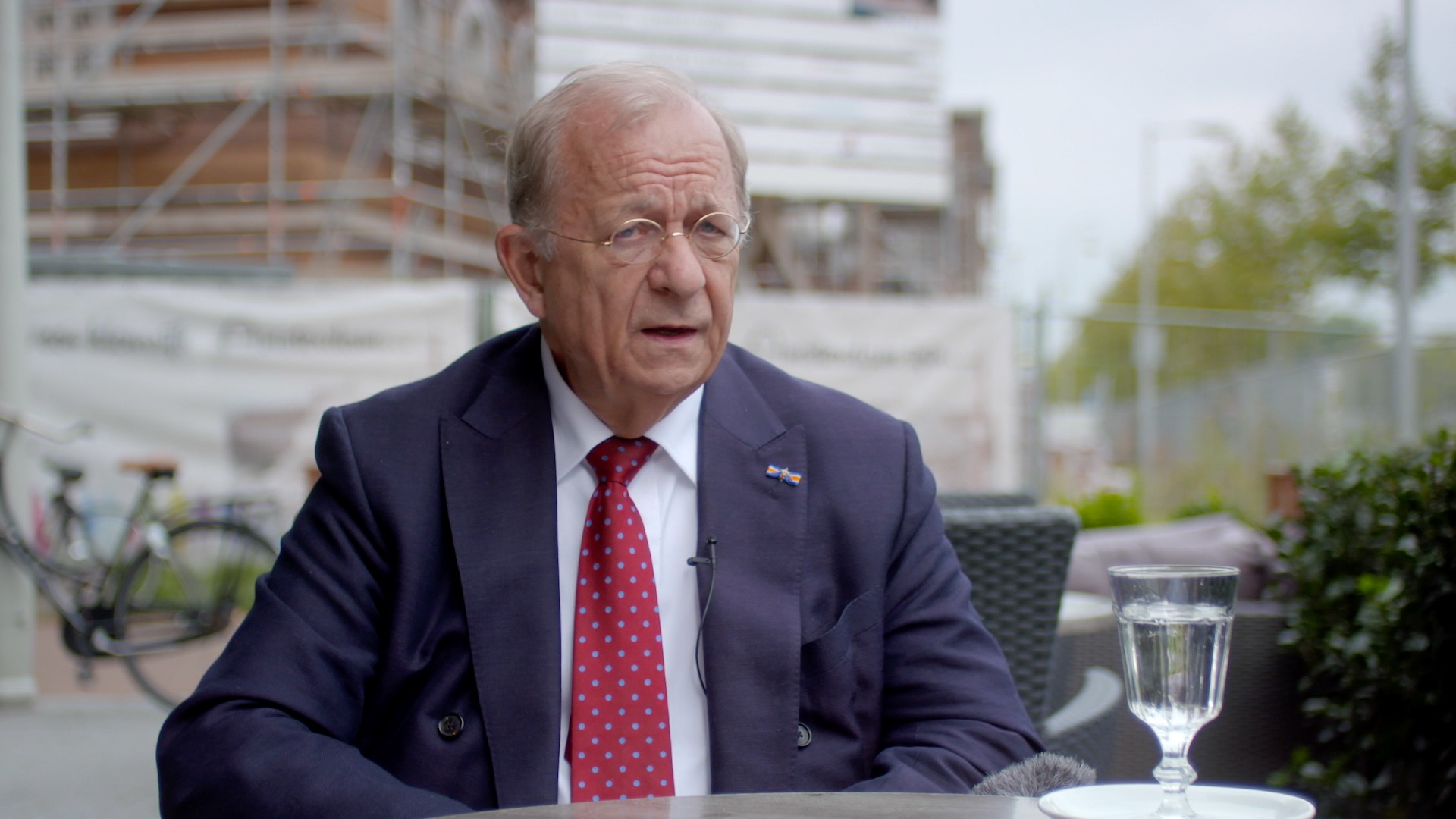

After the departure of Karacaer, the influence of certain critical foremen within Milli Görüş Northern Netherlands increases. As a reaction, vice chairman Kabaktepe, the district and the housing corporation draft the agreement ‘Working on the Future’. This document states that the Westermoskee Association will manage the new mosque and that a council of supervisors has to guarantee a ‘liberal course’. This council is designed to hold three members: representatives of Het Oosten, the Westermoskee Association and the Amsterdam Centre for Foreigners (ACB).
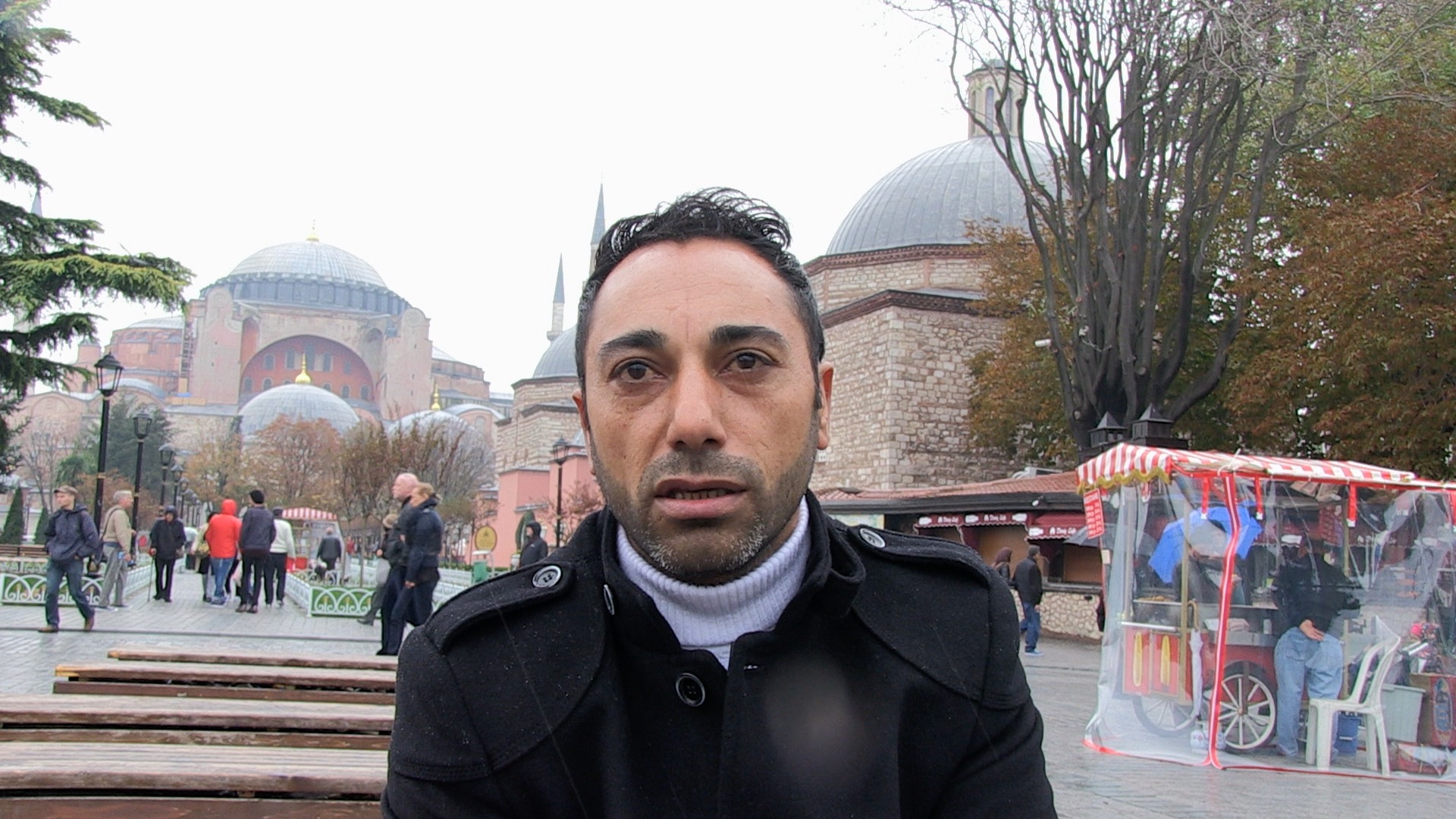

Former mosque chairman Fatih Üçler Dağ is reluctant, but signs the agreement because he wants the mosque to be built. Later, he changes his mind and tears the agreement apart during a meeting in front of Frank Bijdendijk. According to the Turkish Dutchman, this gentlemen’s agreement breaches the separation of church and state. Dağ also wonders why a housing corporation and municipality have to interfere with the internal affairs of the mosque and Milli Görüş.
